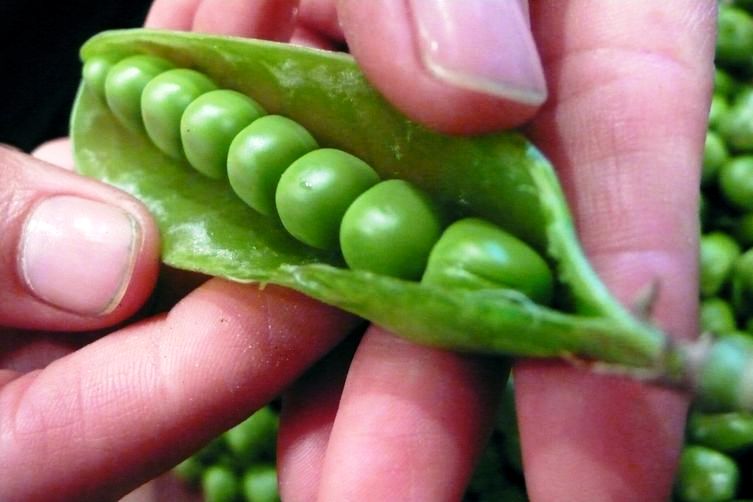
Fresh peas. While fresh pea traders in Kisumu are earning Sh2,500 from 51kg bag, Mombasa counterparts are earning almost thrice for the same quantity. Photo by Food52
Farmers selling fresh peas in Mombasa are making an extra Sh5,000 than their counterparts in Kisumu, as prices of various agro-products keep rising a month into the long rains.
A 51kg bag of fresh peas is selling at Sh7,500 in Mombasa, while the same quantity is fetching Sh2,500 in Kisumu on wholesale . The difference is Sh5,000, according to the Ministry of Agriculture latest price index.
Fresh peas are a common delicacy consumed like beans. They are preferred because of fast cooking unlike dry ones.
Although the overall shortage of commodities has hit most towns, distance from production areas may be a major contributor to the high prices – showing big margins from one urban area to the other.
The fresh peas, which are commonly grown in central and Rift Valley regions, are cheaper at nearer towns than far-flung ones. In Eldoret for instance, the cost of the same fresh peas, cost Sh2,550.
The 51kg bag costs Sh4,845 in Nairobi, which is about 490km from Mombasa while the same quantity costs Sh4,500 in Nakuru.
In Kitui, and Meru, the peas are selling at Sh6,500 and Sh5,100 respectively.
Commodity demand and supply are some of the commonest factors determining the prices in various places too. If the supply is less than the demand, the price shoots while the cost would come down if the commodity is in plenty but buyers are few. This may explain the difference in cost of the same product in Kisumu and Mombasa, which are towns on the extreme borders of Kenya.
The peas are vegetables eaten together with other foods like Irish potatoes, rice, spaghetti, among others.
In Mombasa for instance, rice is a common delicacy in most Swahili families.
Peas have rich deposits of manganese, calcium, zinc, iron, among other ions known to bolster immunity.
Besides the proteins in the peas just like beans, several researches show the crop is a source of folic acid, a major component in the manufacture of DNA. Folic acid is important for expectant mothers – it helps in reducing neural tube defects in developing foetuses according to babycentre, an online health website.
Food prices have been growing as a result of the shortage cause by a dry spell that lasted for about four months from November 2016.
















Comments powered by CComment